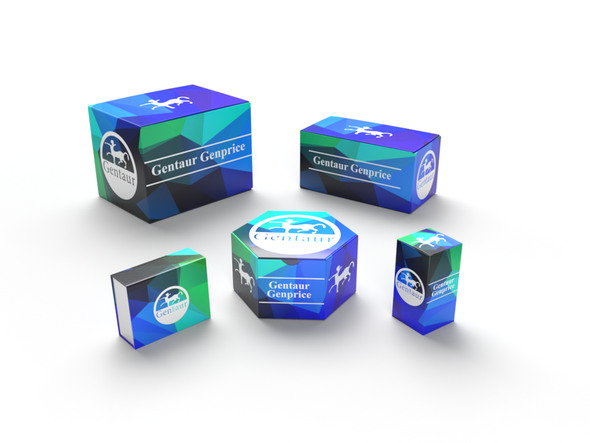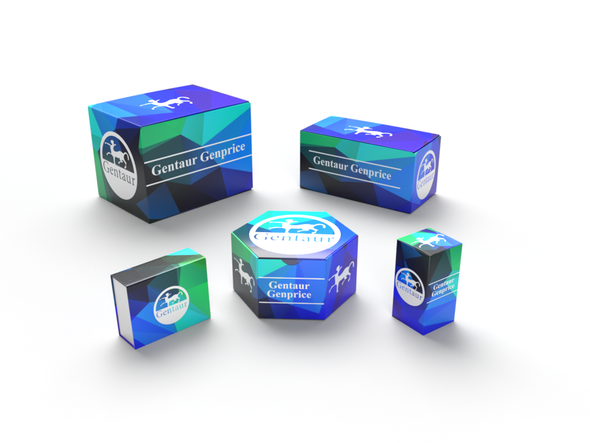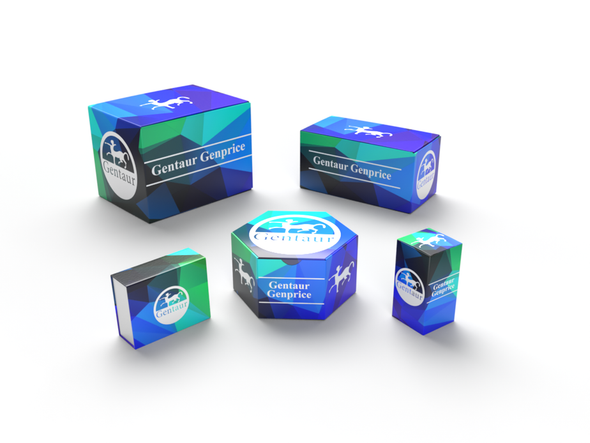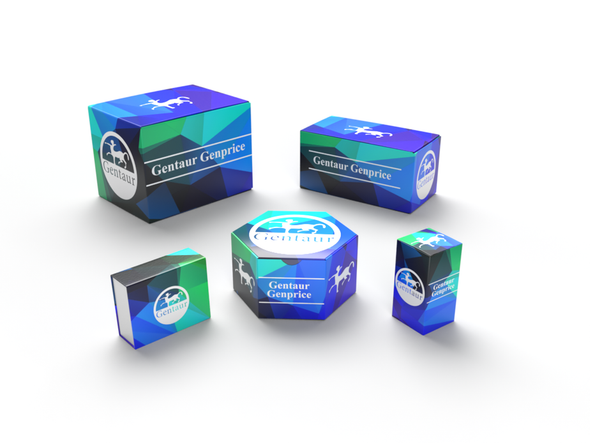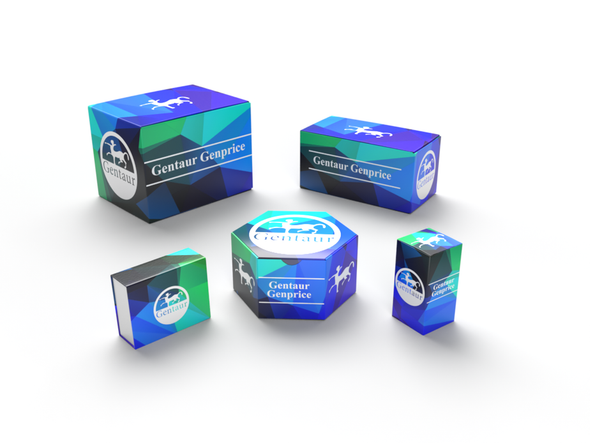Description
Mouse Anti-Human VEGFR-3/FLT-4 Antibody | 101-M36 | Gentaur UK, US & Europe Distribution
Species: Anti-Human
Host / biotech: Mouse
Comment: N/A
Label: N/A
Clone / Antibody feature: (#9D9)
Subcategory: Monoclonal Antibody
Category: Antibody
Synonyms: vascular endothelial growth factor receptor-3; FLT4; PCL; LMPH1A; VEGFR3; fms-related tyrosine kinase 4
Isotype: IgG1
Application: ELISA, WB, IHC
Detection Range: ELISA: Use at 1-5 µg/ml; Western Blot: Use at 1-5 µg/ml; IF/ IHC: Use at 1-10 µg/ml.
Species Reactivity/Cross reactivity: Human
Antigen: recombinant human soluble VEGFR-3/FLT-4
Description: VEGFR-1 (Flt-1), VEGFR-2 (KDR/Flk 1) and VEGFR-3 (FLT-4) belong to the class III subfamily of receptor tyrosine kinases (RTKs). All three receptors contain seven immunoglobulin-like repeats in their extracellular domains and kinase insert domains in their intracellular regions. The expression of VEGFR-1 to -3 is almost exclusively restricted to hematopoietic precursor cells, vascular and lymphatic endothelial cells and to the monocyte/macrophage lineage. These receptors play essential roles in vasculogenesis, hematopoiesis, angiogenesis and lymphangiogenesis. The VEGFR-3 cDNA encodes a 1298 amino acid (aa) residue precursor protein with a 24 aa residue signal peptide. Mature VEGFR-3 is composed of a 751 aa residue extracellular domain, a 22 aa residue transmembrane domain and a 482 aa residue cytoplasmic domain. Both VEGF-C and VEGF-D have been shown to bind and activate VEGF R3 (Flt-4). The Flt-4 gene is widely expressed in the early embryo but becomes restricted to the lymphatic endothelial a latter stage of development. It is important for lymphangiogenesis.
Purity Confirmation: N/A
Endotoxin: N/A
Formulation: lyophilized
Storage Handling Stability: The lyophilized antibody is stable for at least 2 years at -20°C. After sterile reconstitution the antibody is stable at 2-8°C for up to 6 months. Frozen aliquots are stable for at least 6 months when stored at -20°C. Addition of a carrier protein or 50% glycerol is recommended for frozen aliquots.
Reconstituation: Centrifuge vial prior to opening. Reconstitute in sterile water to a concentration of 0.1-1.0 mg/ml.
Molecular Weight: N/A
Lenght (aa): N/A
Protein Sequence: N/A
NCBI Gene ID: 2324


